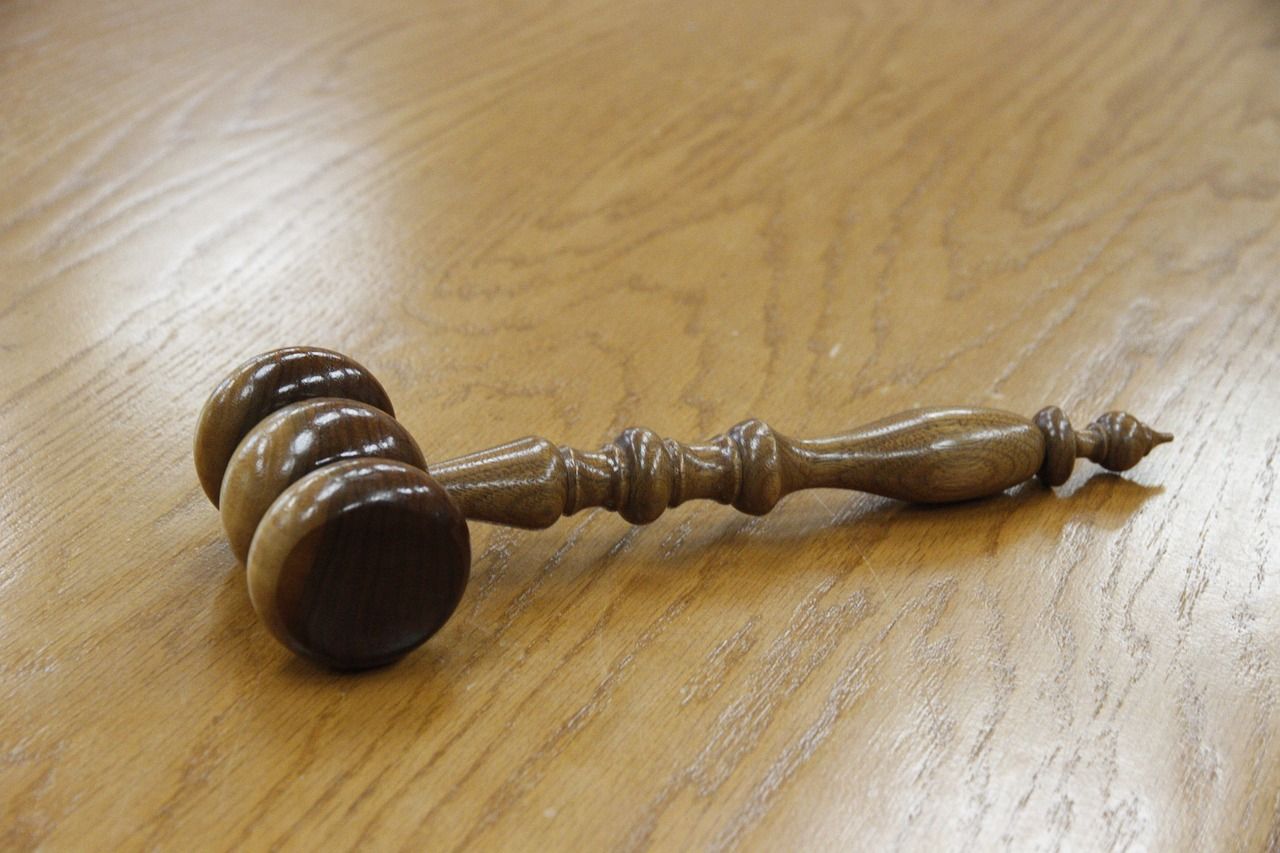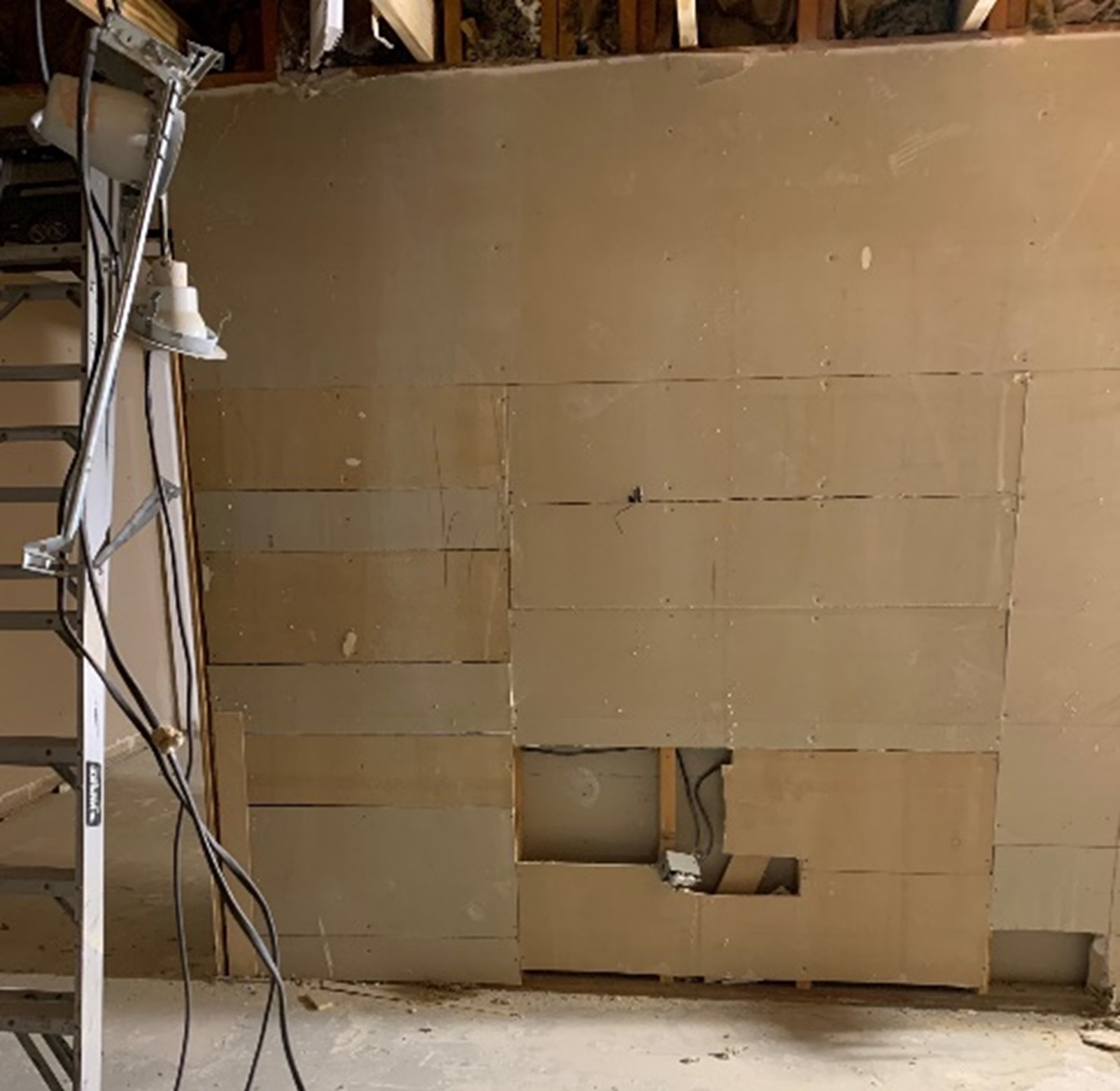Looming Deadlines
We all know that there are various deadlines to filing a lawsuit in Texas. Unless you benefit from a statutory carve-out, such as a governmental entity against whom statutes of limitations do not apply, or a homeowner facing a structural defect on your property, you must typically file suit alleging breaches of contract and breach of warranty claims within four years, although that deadline can be shortened to two years and a day (watch for that in your contracts). Negligence and similar tort claims have a two-year statute of limitations. These deadlines begin to run when the injured party first has a legal claim, even if not aware of the full extent of the damages suffered. Failure to timely file suit will result in dismissal of the claim, without regard to the merits of the claim. All parties in Texas, even the government, are subject to statute of repose – generally 10 years – after which claims cannot be made regardless of the limitations date, or the application of the discovery rule discussed below.
What is the Discovery Rule?
However, there is an important and often misunderstood exception to these deadlines, known as the discovery rule. In Texas, if the injury is one which a person would not have been aware at the time it occurred, the Texas discovery rule extends the commencement of the filing deadline to a time when the party knew or in the exercise of reasonable diligence would have know that he or she had suffered an injury. The party asserting the discovery rule has to prove that the injury was inherently undiscoverable (hidden) and objectively verifiable (directly tied to the defendant’s actions). The discovery rule can apply to contract, negligence, fraud, trespass, negligent misrepresentation and most other tort claims.
How does the Discovery Rule Work?
For instance, if when we remodeled our master bath two years ago, the finish carpenter drove finish nails through three different plumbing lines. The date the nails were hammered in is the date I was first injured. However, while one of the pipes started leaking immediately, the other two pipes didn’t start leaking for several months. When did the deadline start to run on my injury? When I first knew I had a problem. In the case of the first two leaks, it was when I saw water running out of the bottom of my baseboards. In the case of the third leak, was it when I heard water running in behind the wall or when I first had water pooling in my closet? This is one of the many instances in the law when a reasonable person standard is used. So, it’s not necessarily when I should have realized something was wrong, but when a reasonable person should have realized something was wrong. That’s generally a fact issue that is very often the subject of heated debate, and most often – but not always – left for the time of trial.
What else should I know?
Another often misunderstood facet of the discovery rule is that different deadlines apply to different types of injury. For instance, promises to make repairs that are never or improperly or incompletely made give rise to additional damages that come with their own new deadlines. Therefore, even if the deadline to assert a claim following the first instance of injury has passed – whether extended by the discovery rule or not – the later promise can restart the clock, and if you were not aware that the subsequent repairs were improperly performed, the discovery rule could apply as well.
Obviously, if you are the injured or potentially injured party, the best practice is to consult with legal counsel as soon as you believe you have suffered a legal injury, even if you cannot precisely identify what it is and how it may have occurred. If I had heard water running in my wall for month, began seeing cracks in my drywall or heaving of the slab, or started to see abnormally large water bills, and elected to do nothing for months or years, I could very well have lost my right to pursue damages for my injury. If you are a contractor defending against a claim of improper workmanship, the question you’ll want answered is when a reasonable person should have known of the injury.
by Karen Ensley
karen@eblawtexas.com
Ensley Benitez Law, PC
469-983-6500 / 817-538-6894
© Karen Ensley and Brian Benitez, Ensley Benitez Law, PC, 2021. All rights reserved. This article is provided for educational reasons exclusively and is not meant to be construed as legal advice. Ensley Benitez Law, PC, will represent you only after being retained and that agreement is made in writing.


.png)





